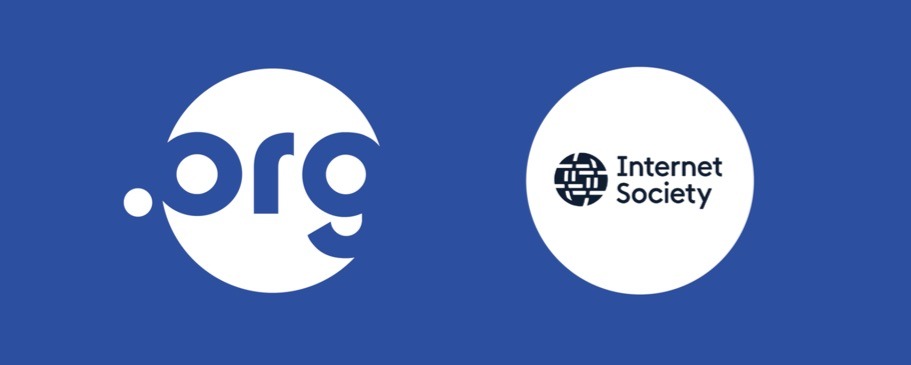Over the past several months the Internet Society has been working on a transaction to sell Public Interest Registry (PIR), operator of .ORG and other top-level domains, to Ethos Capital. Under PIR’s registry agreements, the Internet Corporation for Assigned Names and Numbers (ICANN) had to consent to this indirect change of control. ICANN has now announced that it does not consent to the transaction.
I am, of course, disappointed by ICANN’s decision, though I am pleased it was finally reached. ICANN took much longer than it should have done to vote on the transaction. In my view, ICANN stepped outside its remit by acting as a regulator it was never intended to be. What began as a routine change of indirect control – the type ICANN has expeditiously approved on multiple occasions in the past – resulted in months and months of review and analysis. The outcome does not seem consistent with ICANN’s prior decisions in similar cases. It should concern the Internet community that ICANN has shown itself to be much more susceptible to political pressure than its limited mandate would recommend.
Nevertheless, ICANN has now rendered a clear decision. This brings to a close a period of uncertainty that has been hard on everybody, and a distraction from the important work of the Internet Society.
When the Internet Society Trustees were faced with a financial offer of such magnitude from Ethos to purchase PIR, they had to consider it. It would have been irresponsible to ignore it. When the Trustees accepted the offer in a unanimous vote, they did so because they believed the transaction would be good for the Internet Society, good for PIR, and good for registrants in .ORG and all the registries PIR operates. It’s not very often when an opportunity presents itself that has advantages for everyone.
When we announced the proposed transaction we were criticized, sometimes bitterly, by people who were unhappy with it. I understood their concerns. I still do.
Ethos made several good-faith attempts to allay those concerns. I believe these measures would have worked and benefited the community, had they been accepted; but others disagreed.
Some sought widespread consultations. We did not believe it would be possible to undertake those consultations without doing a lot of harm to PIR and hence to the registrants in .ORG. The months of uncertainty regarding PIR’s future since the proposal was announced have been hard on PIR’s employees. An extended consultation without any clear picture of what the possible outcomes might be would have been worse for PIR and for .ORG. Neither the Trustees nor I believed we could undertake such a consultation, and we do not believe that such a consultation would be a good idea now.
Though ICANN has refused its consent, PIR has diligently adhered to its responsibilities under its agreements with ICANN, and it will continue to do so in its usual exemplary fashion. Now that we know that ICANN believes its remit to be much larger than we believe it is, we can state this clearly: neither PIR nor any of its operations are for sale now, and the Internet Society will resist vigorously any suggestion that they ought to be.
The Internet Society will focus on its core work: an Internet that is open, globally-connected, secure, and trustworthy for everyone. At a time when we are all reminded about how crucial the Internet is for society, our work has never been more critical. We will continue to focus on that work in support of our mission. To do it, we shall continue to rely on our partners at PIR, who will maintain, as ever, its exemplary service to all those who rely on .ORG and the other TLDs PIR operates.
I would like to express my heartfelt gratitude to Jon Nevett, Brian Cimbolic, and Judy Song-Marshall at PIR for their continuous support. I want also to acknowledge and thank the tireless commitment of the Ethos team and their leader, Erik Brooks. Their commitment to do the right thing by showing, through action, how they would be excellent stewards of .ORG deserved better than the treatment they received at times.
Our work to make the Internet for everyone marches on.
Editor’s note: This post originally appeared on KeyPointsAbout.Org.
For more information about the Internet Society’s work, please see our 2019 Impact Report.

